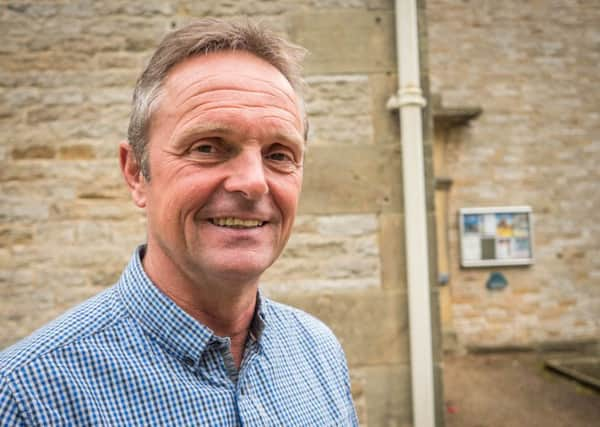'˜Pay hill farmers for the public good they provide'


Last week I attended a meeting of the Northern Hill Farming Panel. It is a newish group, created by – and for the benefit of – hill farmers in northern England from the Cheviots to Pendle Hill. It is founded on the belief that low intensity, upland farming systems are particularly valuable for people and wildlife and is being supported by the three National Parks and three Areas of Outstanding Beauty which make up the Northern Pennines. We met in the middle of the area, in Middleton-in-Teesdale in fact, at the offices of the Upper Teesdale Agricultural Support Services.
It says a lot that the meeting took place at all. We’ve had so much bad weather that farmers are still trying to get the grass cut, while getting ready for the back end sheep sales.
Advertisement
Hide AdAdvertisement
Hide AdBut hill farmers are increasingly realising that the need to come together to make their voice heard cannot be overlooked.
When you get a group of farmers in one room, some dressed in their market day best, there will always be a wide range of views and opinions.
As the PR people might put it, we had ‘constructive dialogue’. On one matter, however, there was universal agreement: farmers were not being rewarded for the public goods which they produced.
Yes, there are existing agri-environment schemes, but they are often prescriptive and based on ‘payment for income foregone’. None pays the farmer properly for services such as providing clean water or a space for wildlife, or for negating flood risks or storing carbon.
Advertisement
Hide AdAdvertisement
Hide AdThe chairman of the panel is a first generation farmer from upper Teesdale, Richard Betton. His argument was clear. Most farmers, especially in the northern uplands, produce far more than just food. Apart from biodiversity, clean water and the rest, they produce what he called a ‘green gym’ for recreation and a landscape which epitomises England’s ‘green and pleasant land’.
Yet currently there is no market for trading the public goods produced in the hills. Farming needs both public and private funding. In some places it is already happening. Farmers in Dartmoor and Exmoor, for instance, are looking to receive payments from the water company for provision of clean water.
Time is short to make the case for low intensity, upland farming. To get the word out, panel members and I took a stand to a National Sheep Association’s ‘North Sheep’ event this summer. Initially it was slow going. But those that did show an interest soon offered their support and signed up to stay informed. They could see that the messages coming out of the panel were from the heart, and were formed by people like them.
If northern hill farmers are going to make a meaningful intervention to the national debate about agriculture post-Brexit, the panel needs your support and endorsement now. Please get in touch.